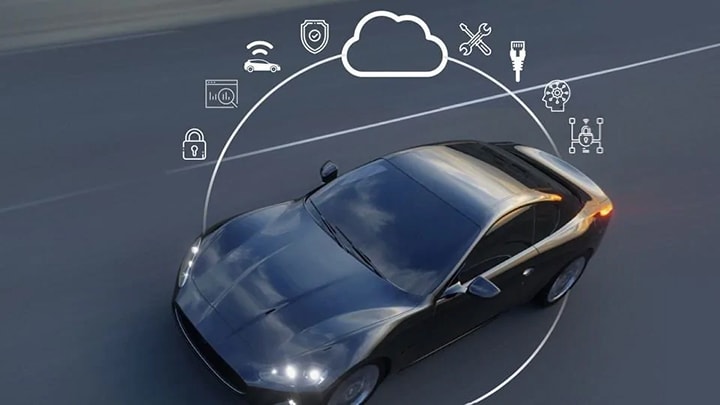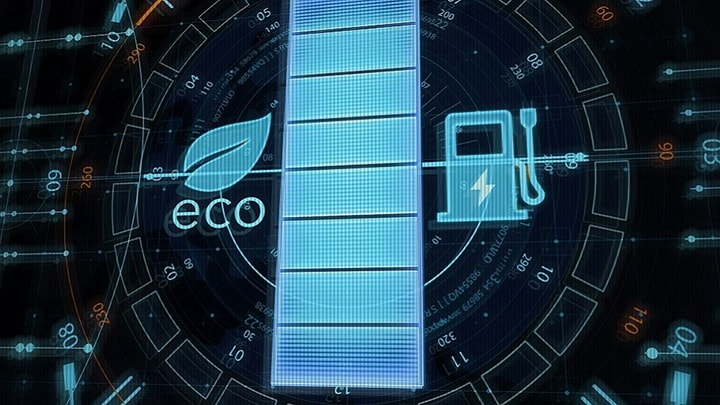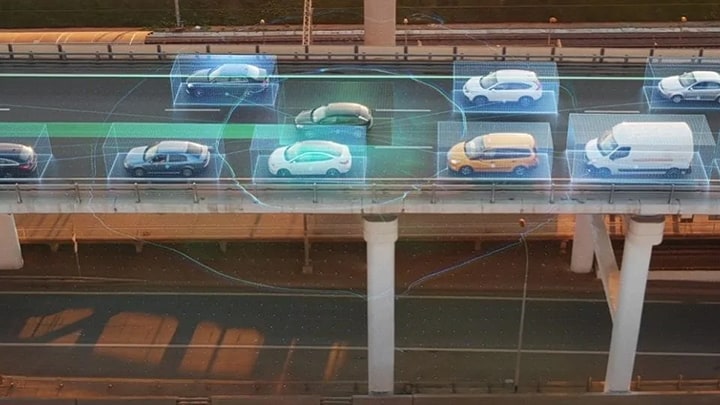Electronics systems are behind 90% of today’s vehicle innovations.
Industry advancements in autonomy, electrification and connectivity will
only further increase the electronics content. As a result, our cars are
becoming more complex and it’s forcing automakers to change the
way they are architected.
Automotive engineers, software designers and car architects agree that the
modern vehicle innovation process requires design experience and team
collaboration to ensure that every car is safe, secure and runs flawlessly.
For many university students and recent graduates, however, finding an
opportunity to gain hands-on experience can be a challenge all on its own.
Real-world experience: Code, test, debug and deploy
Last week, I attended the NXP Cup finals in Germany. It was a great
opportunity to gain perspectives from many of the university students and
professors who coached them. Overall, more than 110 student teams from as far
as Morocco participated in the NXP Cup, which was sponsored by Arm, Elektor,
MathWorks and Mouser.
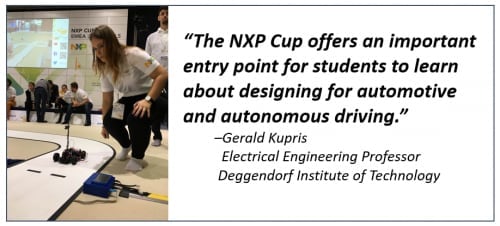 Months in advance of the competition, each team built an autonomous model car
using the base components from NXP that you’d find in a modern vehicle,
including controllers, sensors and motor drive electronics. They used
industry-standard tools like MATLAB and Simulink to employ model-based design
workflows. They learned hardware design and software coding, getting exposure
to real-world concepts like driver replacement and connectivity.
Months in advance of the competition, each team built an autonomous model car
using the base components from NXP that you’d find in a modern vehicle,
including controllers, sensors and motor drive electronics. They used
industry-standard tools like MATLAB and Simulink to employ model-based design
workflows. They learned hardware design and software coding, getting exposure
to real-world concepts like driver replacement and connectivity.
They rolled up their sleeves and coded, tested, debugged and deployed. And,
like any carmaker, collaboration and team work were critical to their
development. During each trial along the design path, they learned what it
takes to build a reliable autonomous model car that was fast and stable
– as a team.
After the cars were built, rounds of competitions were held across Europe and
North Africa. During each leg of the competition, the teams raced their cars
for fastest time running on a track of curves, intersections, hills, bumpy
roads and straights that simulated a real-world road experience –the
fastest without derailing won. The races culminated at the final NXP Cup at
Fraunhofer IIS Erlangen, which brought together 17 universities.
Competition was separated into two groups. Some used the tried-and-tested
Model C. Other teams used the new Alamak model, which is replacing the Model
C. The Alamak features a powerful motor and a unibody chassis that allows more
control. It has a new enhanced motor control board and a power board that
offers preset inputs for encoders, multiple cameras and wireless Bluetooth.
The new motor control board has been developed with full integration features,
allowing it to be mounted directly with the power board and the Freedom board.
Regardless of the model used, both tracks of competitors learned how to
assemble and program their cars to run the track – skills that would
have been difficult to in a textbook-only classroom!
The real race has just begun
The race to innovate safe, efficient cars starts with an understanding of how
technology works and that’s what the NXP Cup offers students.
Furthermore, future engineers learn in a collaborative environment, gaining
necessary skills that will help them in their careers long after
they’ve graduated from university.
Congratulations to all of the participating teams!
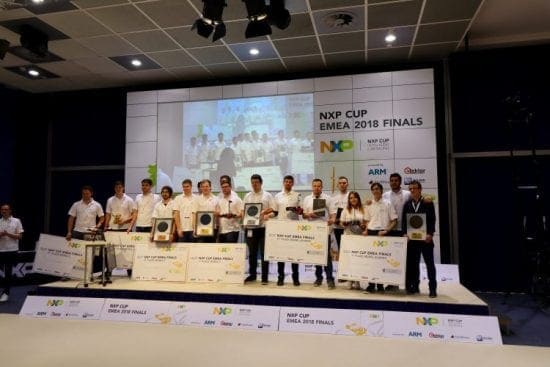
Winners of the 9 Teams using the traditional Model C
1st place: Team Koala racer (University Landshut, Germany) with a
time of 0:22.49 sec
2nd place: The K-Team (Institute of Technology Deggendorf, Germany)
with a time of 0:31.27 sec
3rd place: Team Mac (University Mundiapolis, Morocco) with a time
of 0:37.04 sec
Winners of the 6 Teams using the new Model Alamak
1st
place: Team FasTech (University of Craiova, Romania) with a time of 0:26.81
sec
2nd place: Team Athlos (University West Attica, Greece) with a time
of 0:30.47 sec
3rd place: Team ACDT (Technincal University of Iasi, Romania) with
a time of 0:30.94 sec
We also had two high school teams participate: Team Spirit
(Stredna priemyselna skola elektrotechnicka Piestany, Slovakia), Team Prima
(Stredna priemyselna skola elektrotechnicka Piestany, Slovakia)
See more on the 2018 NXP Cup in EMEA
Replay NXP Cup EMEA finals via Fraunhofer YouTube Channel
Article: Morocco qualifies for NXP Cup Final for autonomous cars in
Germany


 Months in advance of the competition, each team built an autonomous model car
using the base components from NXP that you’d find in a modern vehicle,
including controllers, sensors and motor drive electronics. They used
industry-standard tools like MATLAB and Simulink to employ model-based design
workflows. They learned hardware design and software coding, getting exposure
to real-world concepts like driver replacement and connectivity.
Months in advance of the competition, each team built an autonomous model car
using the base components from NXP that you’d find in a modern vehicle,
including controllers, sensors and motor drive electronics. They used
industry-standard tools like MATLAB and Simulink to employ model-based design
workflows. They learned hardware design and software coding, getting exposure
to real-world concepts like driver replacement and connectivity.

